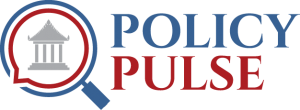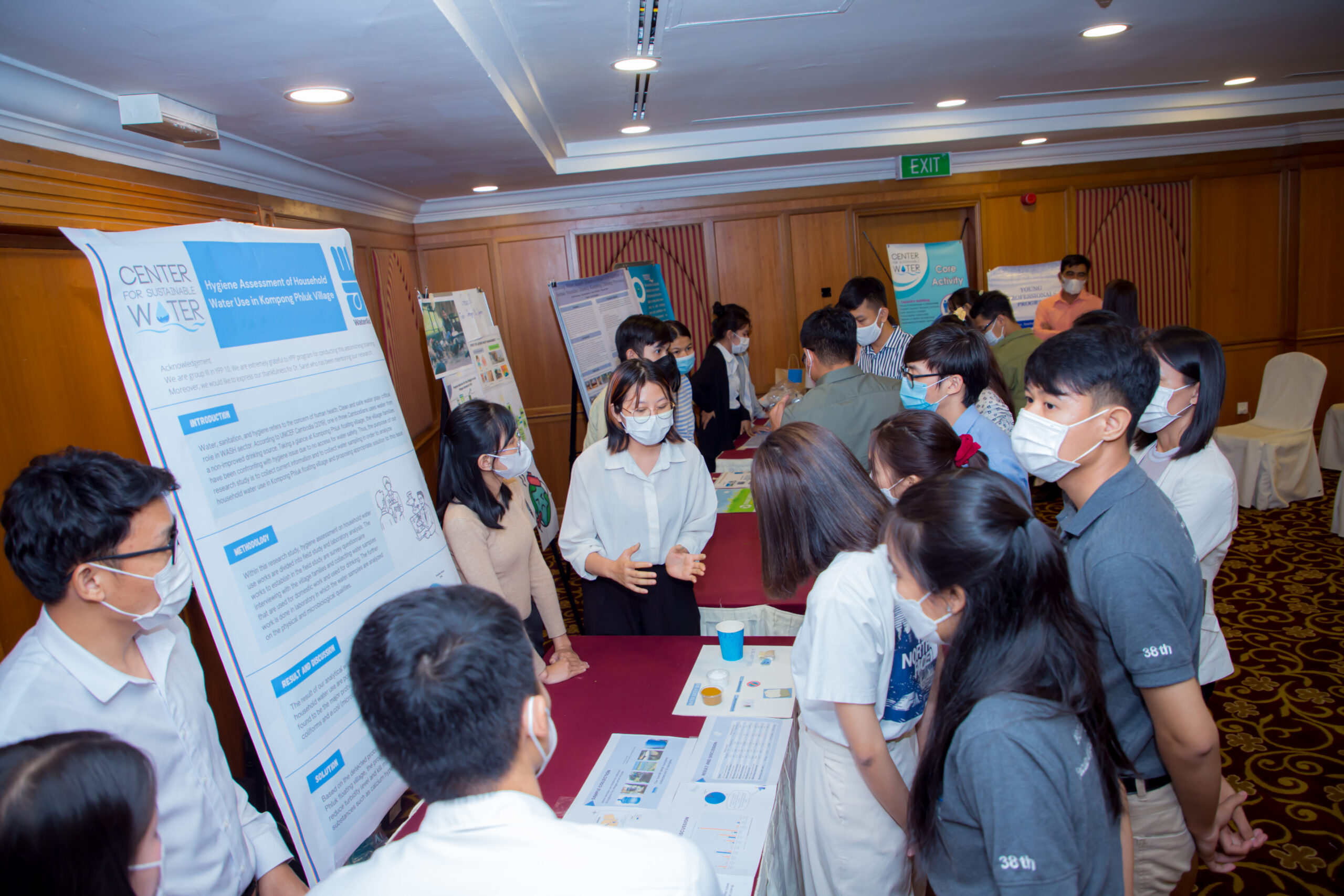Background
Human resource capacity in WRM (Water Resources Management) and WASH (Water, Sanitation, and Hygiene) in Cambodia is constrained by limited financial resources, as well as a shortage of skilled graduates and reluctance of skilled workers to live and work in rural areas. Building the capacity of young professionals in these areas to improve the quality of service delivery and to reach the sector goals is essential to addressing critical WRM and WASH challenges. According to UNICEF and WHO (2017), Cambodia needs 12,000 additional water-related professionals if Sustainable Development Goal (SDG) 6 focusing on water and sanitation is to be reached by 2030. However, a partner mapping report by the Ministry of Rural Development (2016) showed that there are approximately 750 employees working in this sector in non-governmental organizations (NGOs) and government combined, indicating that human resource needs are significant. Therefore, the Center for Sustainable Water (CSW) was developed to meet these needs and to spur innovation in the WRM and WASH sectors with the aim of improving water resources management and the provision of clean water and sanitation services. It is designed in alignment with the Government’s sector policy and strategy and has committed to accelerating progress towards the SDG 6 target.
Main Activities
Since its establishment, CSW has been working on four main activities as listed below:
- Young Professionals Program: A 16-week interactive, problem-based water and sanitation sector program focused on teaching soft skills, field research, and conceptual approaches to solve specific problems in communities. Through the program, more than 300 youths have been trained, more than 40 concept notes to solve water and sanitation have been developed, and several concept notes have been piloted and implemented.
- Women in WASH Scholarship: A full 3-year scholarship program to support ten female undergraduate students in water related majors at the Institute of Technology of Cambodia (ITC). The scholarship includes annual tuition fees, annual study material costs, and monthly living expenses. The program also provided training in WASH, soft skills development, and mentoring. Six of the participants went on to pursue their master’s degree in related topics.
- Water Corner: An event exploring the frontiers of science, technology and practice, and aimed at fostering discussion amongst inter-disciplinary, cross-sectoral communities of practice in order to provide opportunities for the creation and promotion of pragmatic and innovative solutions for WRM and WASH challenges. So far, 22 events have been organized covering more than 30 topics and attended by over 500 participants from government, NGOs, academic institutions, and private companies.
- E-learning: CSW developed the first accredited and interactive online learning platform endorsed by the Ministry of Rural Development (MRD) in October 2020. Currently, a free course on “National guidelines on WASH for persons with disabilities and the elderly” is available for the public. More than 100 participants from governments, NGOs, the private sector, and youth have completed the course and received an e-certificate certified by the Department of Rural Health Care of the MRD.
Partnership with Ponlok Chomnes
CSW, with funds from The Asia Foundation, is implementing a research project on “Local Government and Private Sector Partnership for Service Delivery: The Case of Clean Water Supply in Cambodia’‘. The research seeks to understand the current situation and possible future arrangements where local governments, especially the district and municipality (DM) administrations, can work closely with private water supply operators, and with support from national level ministries, to improve piped-water services in both urban and fast-urbanizing areas. The research is expected to produce concrete, action-oriented findings to inform at least two important policies, including: 1) The ongoing decentralization reform which, according to the newly adopted National Program on Democratic Development for 2021-2030, views partnership with the private sector as a key to improving local services; and 2) The current and upcoming policy on clean water supply (and the expected law on clean water supply). The research finding will also help to inform evidence-based policies on access to clean water.
Please click here for more information about CSW.

